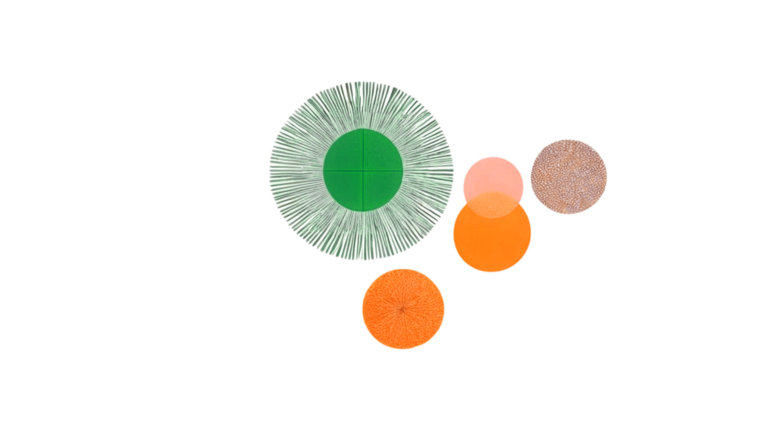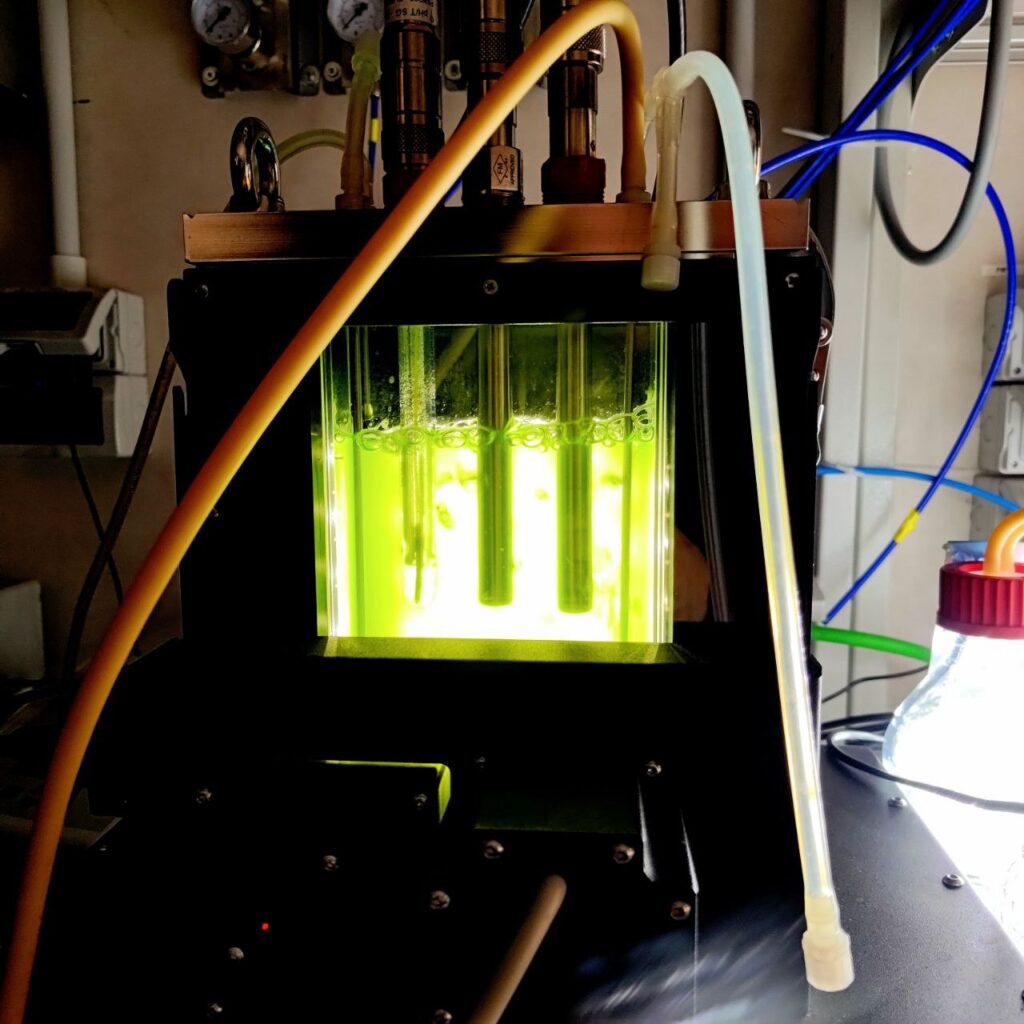GoodByO – Creating a Multi-commodities microbial-driven biorefinery based on food-processing industry wastes, biogenic carbon dioxide and bioprocess wastewaters


Our innovative, energy-independent holistic biorefinery concept sets a new standard for sustainability, maximizing resource and energy efficiency while enhancing environmental performance. By leveraging microbial diversity, it optimizes the cascading utilization of bio-based feedstock, driving a circular bioeconomy and transforming waste into valuable resources.
Phase 1.
Includes both the initial Front-End Engineering Design – FEED phases and the development of robust microbial biocatalysts and downstream product materials.
Phase 2.
Each bioprocess is optimized to the TRL4 state using the biocatalyst developed during Phase 1. Downstream processes are tuned for efficiency. Design and commissioning of TRL5 pilots occur during this phase.
Phase 3.
The focus shifts to validating the performance and stability of the continuous process in TRL5 pilots fed with real raw materials.
5 countries for 10 partners
The GoodByO consortium combines multidisciplinary expertise from Small and Medium-sized Enterprises, Research and Technology Organisations, academia, and associations.
The project is coordinated by Istituto Italiano di Tecnologia.


Transforming bio-waste into value for a sustainable future
GoodByO aims to establish a sustainable biorefinery by:
- Utilizing microbial processes to convert bio-waste into valuable bio-products (octanoic acid, hexanol, carotenoids, biofertilizer and microbial protein).
- Ensuring process stability, scalability, and environmental sustainability.
- Integrating renewable energy and developing a commercialization roadmap.
A journey to build an open, transparent, and shared science
The open science dimension has been integrated in all project phases. Pending the appropriate IP/ethical review, the project will implement several actions in qusta direzione:
- Open Access to Published Results
- Open data for access, reuse, and redistribution
- Repositories and collaborative tools
- Replicability, interoperability, and reusability
- Citizen Science/end users engagement
- Open Educational Resources
